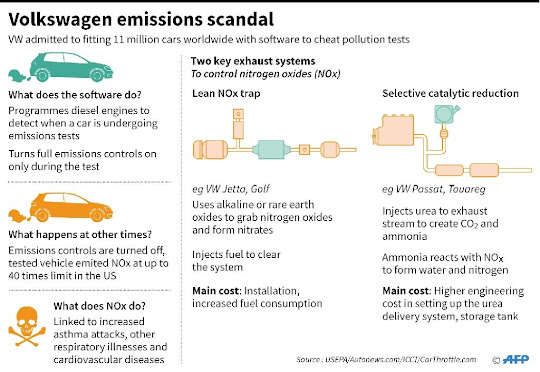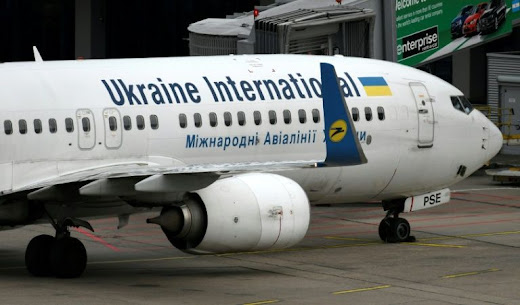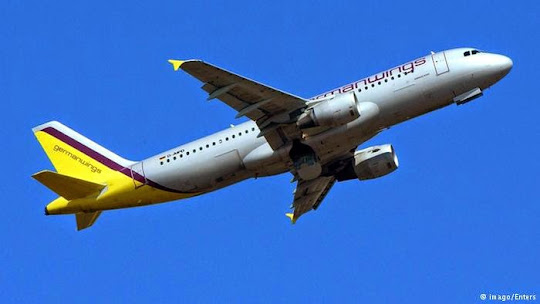Kim Balmanno, The Jakarta Post, Jakarta
As the sun rises on a small suburb in Jakarta's south, the street vendors, children and dog-walkers make their way, along with the birds and lizards, to the local park. But this is where the romantic image ends.
In reality, Guntur's park, Taman Tangkuban Perahu, is, at the time of writing, piled high with polystyrene containers, plastic cups, straws, paper and indiscriminate objects, along with copious amounts of dog faeces.

Children play in the park of a Jakarta suburb, where a broken overhead light hangs precariously over a playing court. Open green areas are limited in the city, forcing many children to play in the streets. (JP/Kim Balmanno)
Children must stick to the paths and those that exercise remain in an upright position, choosing to keep only their feet on the ground. There is no one doing sit-ups or sprawling on the grass as expected in an inner city park.
Fathers with their children are squatting on slippery slides and mothers, nannies and children are confined to the seats. The rest of the "green" area is a squalid mess.
Ibu Amerah is the principal at Ampri kindergarten, across the road from the park, on Jl. Merapi.
"We do not let the children play in the park, because we are concerned for their health," Amerah said.
"We can do nothing, it's the responsibility of the lurah (sub-district head) ... and they can't do anything either."
Her small school has 30 children aged between 3 to 6 years. They all play in the grounds of the kindergarten and are left to look out at the park's open space.
An ojek motorcycle taxi driver throws his cigarette butt onto a pile of rubbish. As he does so, he tells me what a disgusting mess the park is. I point to the cigarette and he laughs. Catching hold of the irony, he shrugs.
The park is void of rubbish bins.
"This is so the cart merchants won't steal them," said local resident Lim Sean Hang.
Ten minutes down the road, and crossing the Ciliwung River, the environment transforms into a haven of respite. A water fountain bubbles gently offering tranquility from the constant din of traffic, horns and vendors.
There are roosters in cages and doves in lofts. Statues frame friends talking and people lounge on chairs. The grass looks healthy. There are six cleaners who work from 6 a.m. to 3 p.m. daily, emptying the dozens of bins placed strategically around the park; they sweep, rake and provide maintenance. This is Suropati Park in Menteng.
Back in Guntur, Lim rolls his eyes.
"There is VIP living in Menteng, that's why it's always clean there," he said.
A visit to an RT (head of a neighborhood unit) in the Guntur area, Mukti, shed little light on the problem.
"I complained many times to the lurah ... three days later they started cleaning ... but every two days they must clean the park," said Mukti.
At regular meetings between the chief, the RT and the lurah, the rubbish is discussed but words fall and decompose like leaves in the park.
Malisi, the lurah of Guntur, is quick to pass the buck and the bulk of the responsibility onto the parks department.
"It is because the chief of the parks department has for a long time not been active," Malisi said.
"The parks department are responsible for giving to orders to clean the park," he said.
The parks in Manggarai, although dilapidated, seem to provide some fun for children. The "volleyball park" is used as a soccer field and before the overhead light, which hangs precariously over the court, was broken, it was apparently used nightly by adults to play badminton.
"The light was broken by strong winds in December," said Warti, a food vendor at the park, adding the exposed wires could prove dangerous in the current wet season if not fixed.
A man squats in one corner of the "tennis park" in Manggarai, sifting through a pile of old, burnt out and new rubbish. He is collecting remnants of cardboard to sell.
There is graffiti surrounding the park, but the children are laughing and playing on the swings. Despite the rubbish they appear happy to have some green space.
There are 250 students aged between 6 and 12 years at the nearby Manggarai 03 Elementary School.
"I don't bring the students to the parks outside of school time unless there is a sports game between schools. It's a slum area ... the park is not good but at least the children can run and play football," said Principal Maryati.
Manggarai is densely populated with 34,170 people crammed into condensed housing. The parks are an important space to "socialize and exercise" said Sarwo Handhayani, head of the department of city parks.
She added her department was committed to building green areas in each of Jakarta's 265 kelurahan (sub districts).
Since 2000, the department has built 100 communal parks of around 500 to 1000-meters-squared, she said, and would like to build two parks in each area but still had a long way to go.
"It's hard to get the land at the government price. They want to sell it at the market price."
She said the Manggarai community were outraged when two "slum" residents were asked to sell their homes to make way for a green area.
"The residents demanded Rp 9 million. They fought back so the department left them. We have no power," said Rachmati Busuki, the wakil lurah (deputy sub-district head) of Manggarai.
Sarwo said the department planned to buy 10 houses in 2007, but four residents refused to sell and they only managed to convert 5 of the homes into green space.
There are more than 5,000 children, aged between 5 and 14, who live in Manggarai. Teenagers and children currently flock to Taman Situiembang in Menteng with its large pond and chained monkeys. It is a haven for leisure seekers and a well-known hangout for romantics. Locals even throw out a line to fish.
Six cleaners maintain the park from 6 a.m. to 3 p.m. daily. There are five workers every day in Surapati Park and, according to Didet Prihadiati from the South Jakarta administration, there are five workers servicing the Manggarai parks eight hours a day.
However, Warti, who has operated her warung for 15 years at the "volleyball" park, says six workers come once a month and clean all of the Manggarai parks in one day.
According to parks department data, the budget allocated in 2007 to maintain and clean the parks in Jakarta was Rp 160 billion.
Sarwo said the 2008 budget for the central area is Rp 20 billion, while Rp 50 to 100 million has been allocated to the newly built Taman Menteng, 40 to 50 million for Suropati Menteng, 15 million for Situiembang Menteng and 2 billion for Monas.
These figures are similar to those of Guntur and Manngarai, but the difference between the parks is immense.
Each of the five locations in Guntur receives Rp 40 million per year, while the 11 locations in Manngarai receive 100 million every three months. This gives each location close to 40 million rupiah each year -- a similar budget to Suropati Park in Menteng.
Despite this, both Rachmati and Sarwo believe the residents should contribute to the parks maintenance. They also say the lack of aesthetics is due to the local residents.
"They don't have enough space to dry their clothes so they put them on the park fence," Rachmati said.
It seems that while Jakarta's green spaces are buried in rubbish, government responsibility is buried in bureaucracy.
The money set aside for cleaning is either not being used or the cleaning contractors are neglecting their obligations. Either way, the children and residents are the ones being left with substandard green spaces.








